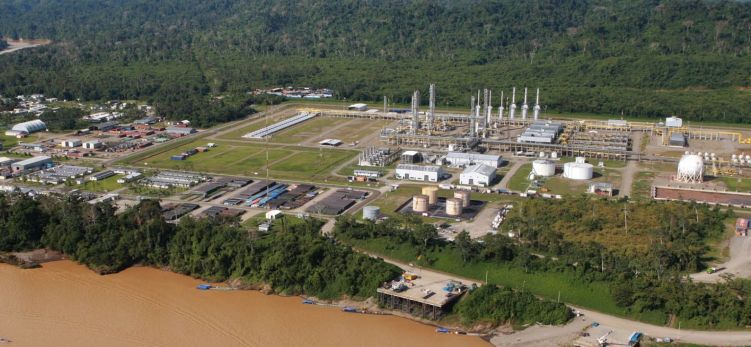RIO DE JANEIRO, BRAZIL – The President of Peru, Pedro Castillo, anticipated this Friday (20) that “next week there will be surprises with gas and food for the population” about possible measures to be taken by the government in the face of the price increases that have worsened in the last weeks.
During a visit to a hospital in Lima to inaugurate a medical oxygen plant, Castillo declared that his administration “is breaking monopolies” to guarantee population health, education, and food.
Read also: Check out our coverage on Peru
A rethinking of the commercialization of gas has always been on the agenda of the government program of Castillo, who has only been in office for three weeks.

During the electoral campaign, the Peruvian president was always in favor of changing the distribution of profits obtained by the private companies that exploit the mines and hydrocarbon deposits in the country. A greater percentage of these profits would go to the State.
In this context, the President focused particularly on gas, whose national production, coming from Camisea, one of the largest deposits in Latin America, is mostly exported abroad.
Likewise, Castillo saluted the large companies that have decided to pay the millions of contested back debts they owed the Peruvian Treasury during the first weeks of his term of office.
More than 3.1 billion soles (US$772 million) have been paid by Minas Buenaventura and its subsidiary Cerro Verde. However, there are items still in litigation, and the companies are not waiving their eventual return to win the challenge.
Among the measures already approved by the Government to face the inflation currently affecting the country is a 350 soles (about US$85) bonus for some 13.5 million people living in poverty and vulnerable conditions.

